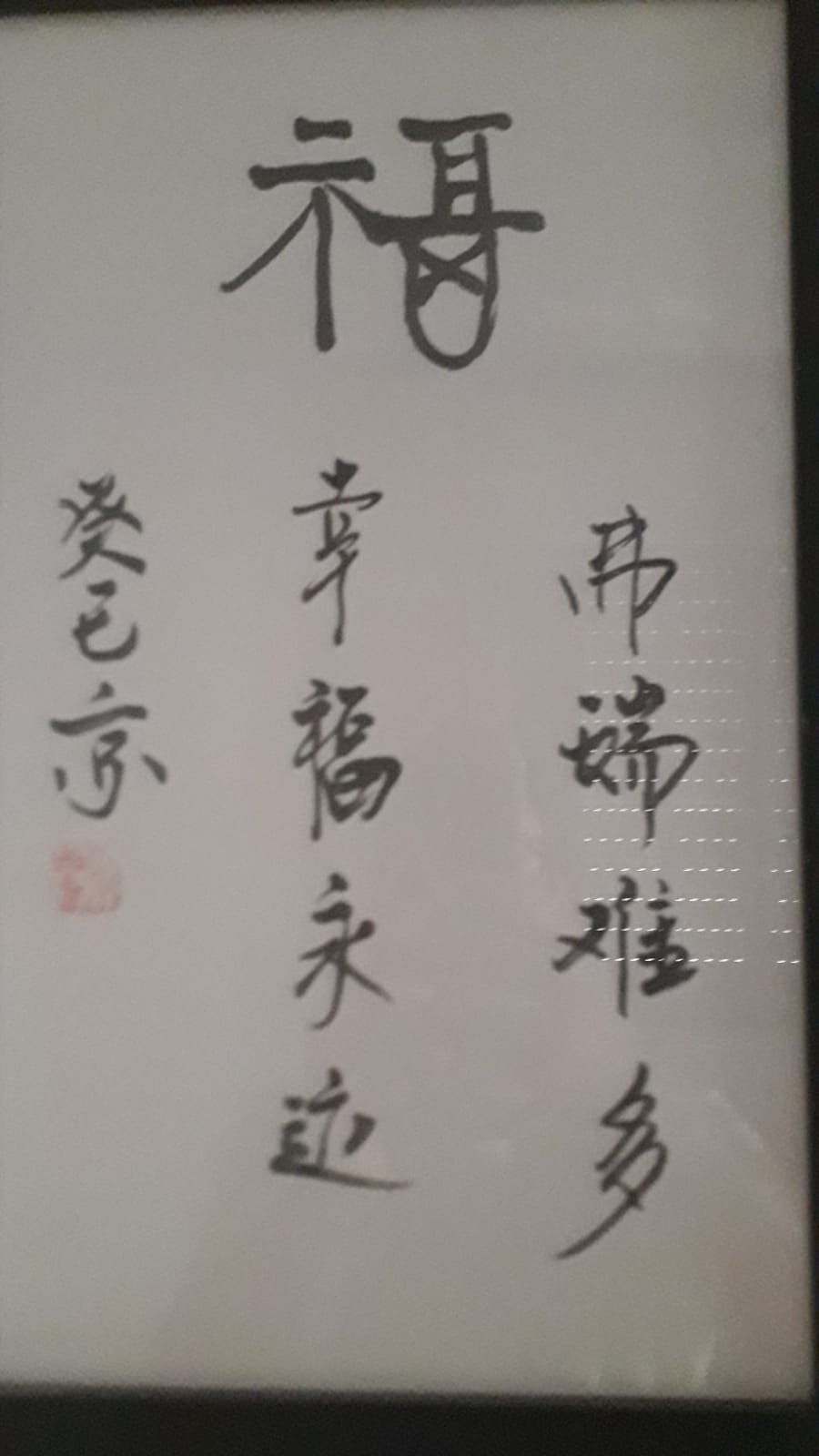The 上联, though not a common expression, still makes sense.
弗:not
瑞:luck
难:difficult
多:many
i.e. unluckiness being rare = being lucky most of the time
A 对联 is not necessarily well written (in the sense of writing a poem but not calligraphy) by famous authors. That means, amateurs write 对联s too, and some of them would sometimes make weird expressions in order to meet some “rules”. Many elder people enjoy writing 对联; In fact, when I was a high school student, I was interested in writing 对联 too, and of course they were not very “good” ones.
Here, the rule is possibly about 平仄. 平 refers to 平声 and 仄 refers to 仄声, which is a general name for any tone other than 平声, i.e. 上声, 去声 and 入声.
In many genres of the Chinese poetry (in a broader sense), including 对联, the two kind of tones are used in a mutually exclusive manner. If a character in the first sentence is 平声, then the character appearing at the same place in the second sentence shall be 仄声, vice versa.
Here, although 弗 and 福 are 入声 which belongs to 仄声 traditionally, these characters have become 阳平 (the second tone) in modern Mandarin, which is of course a kind of 平声. In this way, the 平仄 pattern is correct:
弗瑞难多:平仄平平(fú ruì nán duō)
幸福永远:仄平仄仄(xìng fú yǒng yuǎn)
This is the best explanation that I could come up with, but it might not be the real reason. So, if you have any other idea, correction is welcomed.
